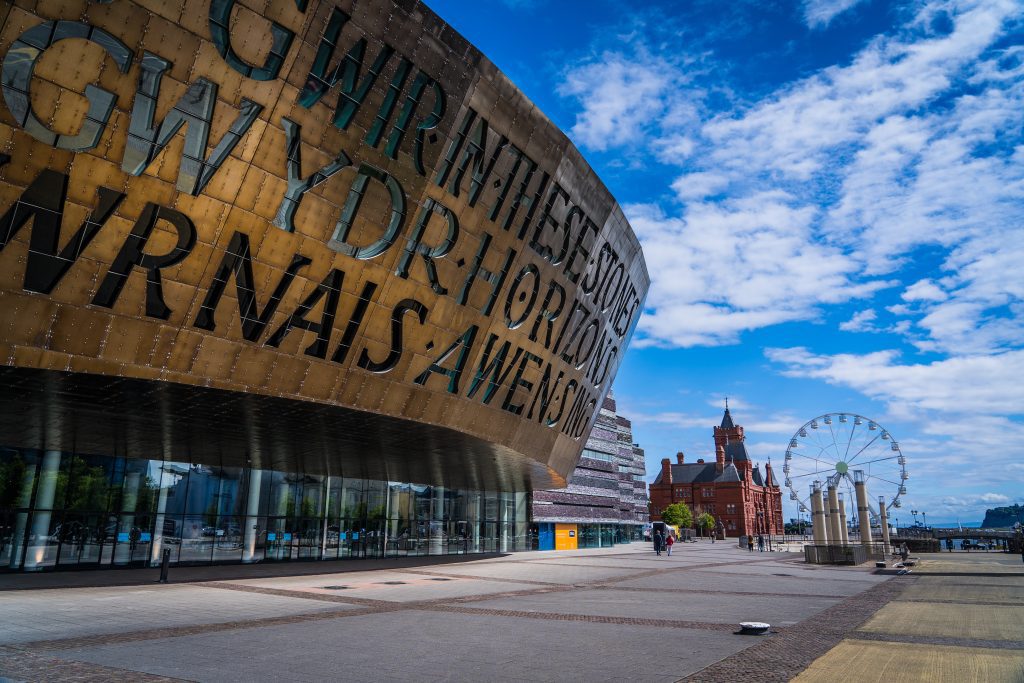Want to be a tourist in your University City?
Take a bit of culture in while studying (and partying) and get to know the City you are living in…
Discover Lincoln’s Jewish Heritage on a trail through the City to see the surviving medieval Jewish Buildings.
In the middle ages, Lincoln was one of the most important Jewish communities. ‘Jews House’ located on Steep Hill, is thought to have been owned by Belaset, daughter of Solomon Of Wallingford before the expulsion of the Jews from England in 1920.
Lincoln castle dates back to 1068 when it was built by William The Conqueror. It is home to one of four surviving copies of the Magna Carta.
Entry to the Castle grounds is free on non-event days or you can pay to take a tour where you can roam the castle walls, see the Magna Carta and visit the Victorian Prison.
William The Conqueror commissioned the Cathedral in the 11th century. It was once the tallest building in the world overtaking the Great Pyramid Of Giza.
It is still classed as one of Europes greatest Gothic Buildings. Go and see if you can spot the famous Lincoln Imp stone carving.
Between AD50-60 a legionary fortress was built by the Romans in Lincoln and the City was known as Lindum Colonia.
Four gateways were built to go in and out of Lindum Colonia. The city expanded down the hill and the original wooden defenses were fronted in stone during the early 2nd century.
Many of the structures can still be seen including the country’s only remaining Roman arch still used by traffic.
Doddington Hall was built between 1593 and 1600 by architect Robert Smythson.
It is a private owned residence surrounded by 6 acres of walled and wild gardens. A temple designed by Anthony Jarvis in 1973 also stands in the gardens.
You can tour the house and gardens.
Known in Lincoln as ‘the glory hole’ as named by boaters that made their way through it. High Bridge was built around 1160 and is the oldest bridge in the UK that still houses building. The black and white timbered shops have been there since around 1550.
Located on Steep Hill, Norman House dates back to the 12th century and is one of the oldest surviving domestic buildings in the UK.
The substantial, semi-sunken undercroft (now a cafe) would have provided secure storage for the living accommodation above. This type of luxurious living was pioneered by the jews who moved to Lincoln in the Norman conquest.
Research suggests that The Greyfriars is one of the earliest surviving Franciscan friary churches in Europe and the oldest friary building in England.
It was used by the religious order until the Dissolution of the Monasteries in 1538. It has, however, been put to many uses since.












